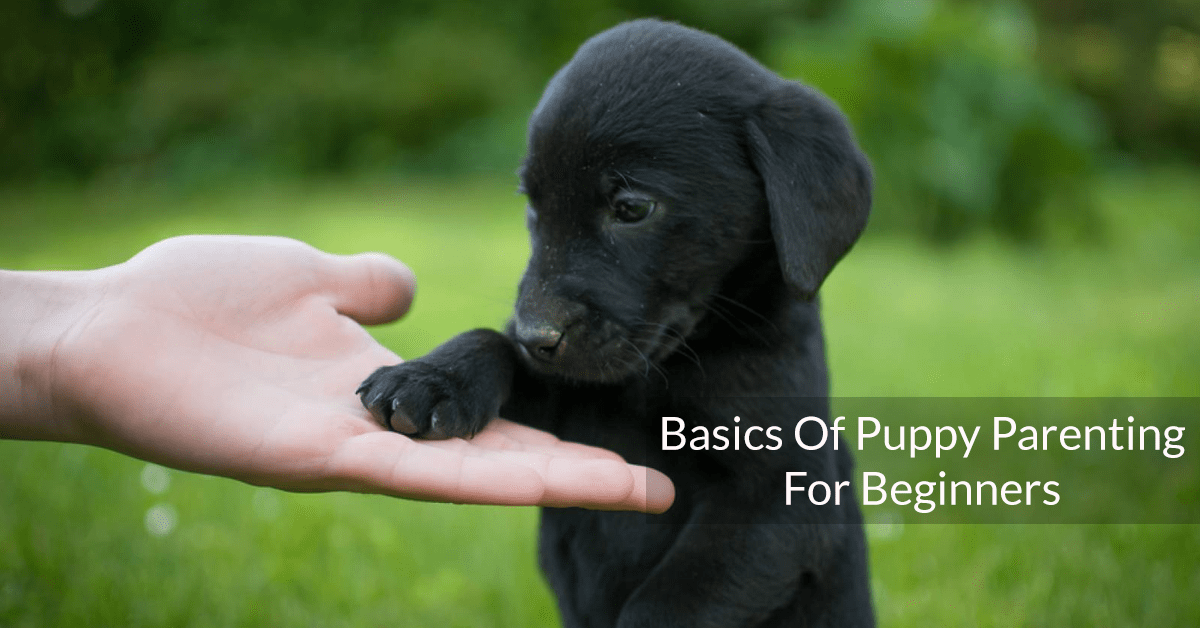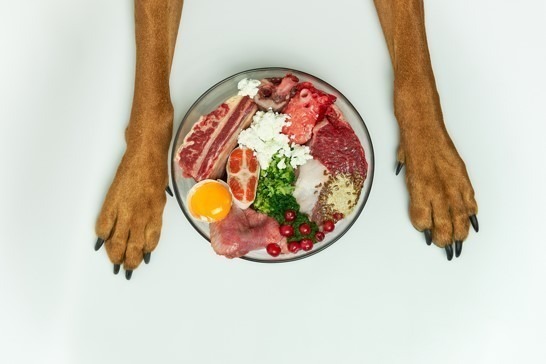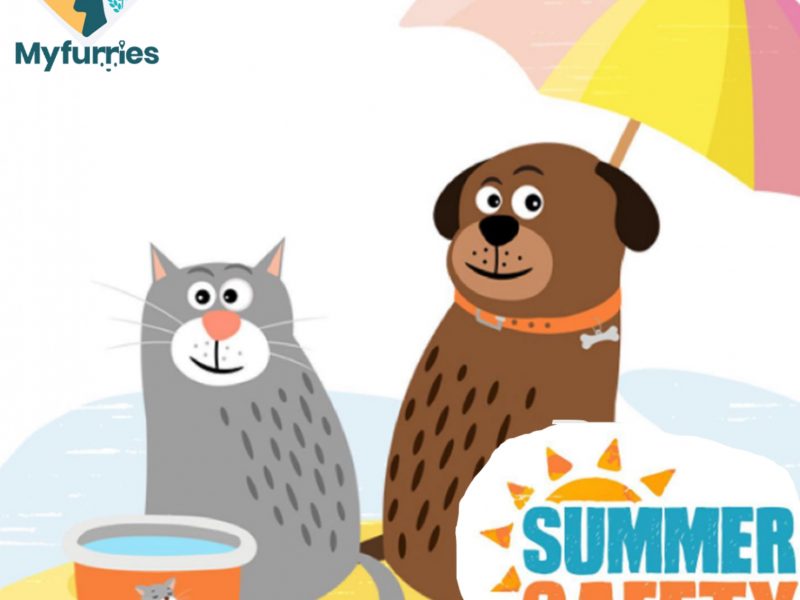When you bring a puppy home for the first time, it’s a feeling, unlike any other. Although things may get a little confusing, remember that we at My Furries are here to help.
The Initial Stages and What to Expect
It is recommended that the puppy you procure must be eight weeks old as it will no longer need its mother and any younger than eight weeks can result in an unhealthy animal. At this age, the puppy will be relatively small and fragile. Treat it like a human baby, only furrier, and it can walk.
Be sure to take it to a vet before bringing it home to complete all the necessary vaccinations, deworming procedures, examinations, etc.
The little furry will need a lot of supervision. Be sure to puppy proof your house before bringing the animal in for the first time as it will be curious about its surroundings, so make sure that the place is safe. Small objects are a choking hazard and should be kept away from your pooch. Electrical wires must be elevated as they will definitely be chewed on. You have to think like a dog. If it looks chewable, it will be chewed, so move it to a place that your pup can’t reach. If you have houseplants, make sure that they are non-toxic for dogs.
Your puppy will sleep a lot. Between this 8 to 12-week period, puppies can sleep up to 20 hours a day. Be sure to admire how peaceful they look.
Puppies can go from 0 to 100 in a matter of seconds, and they will randomly start bouncing off the walls. It’s all normal, and it will be over in a few minutes.
Puppy Psychology
Stimulants are incredibly important for a puppy’s brain. Remember how easily bored you got as a child? Your puppy is like that. Play with it, throw a ball and try to keep it engaged.
At this point, you can start teaching your puppy its name and start handling your puppy in different ways. Start training it with some basic commands, such as heel, sit and stay.
Note that your puppy is in a new place and is expected to be fearful. Its connection to the environment is only through you, helping your puppy familiarise itself with the new environment. Expose it to new phenomena, such as bathing, watching television, etc. but do not force it into anything too scary.
Hygiene & House Training
According to the breed, the frequency of cleaning your puppy can vary, and not all coats are alike. When brushing your puppy, be sure to use the right tools and remember to check for ticks. They are blood-sucking monsters that can make a life for your puppy miserable.
Now onto the tricky part. House-training. Keep in mind that it will feel like a lifetime before you can get your dog to poop outside the house.
Before 12 weeks of age, puppies will have trouble controlling their defecation and urination. Remember to practice patience and do not get angry. Human babies take way longer to get house-trained, so be grateful that it’ll only be a matter of weeks with a pup. Instead of getting angry, be firm. Your pooch’s brain is like a sponge at this stage, and it will remember outbursts.
The Importance of Puppy Chow
Puppy nutrition is essential to get right. The chances are that the breeder would have used a specific brand of dog food, so you can always start with that option. Homemade puppy feed is tricky to master and is generally not recommended for first-time dog parents. Do not be callous and feed your dog a vegetarian diet. Canines need meat, so do not try to make your dog “healthier” by providing it with only vegetables.
Most puppies need to be fed every three hours, but it can vary depending on age and activity. Observe your puppy’s behaviour when feeding and check its weight every day. Note whether it seems ravenous or uninterested. Start with the amount recommended on the puppy feed product and adjust the quantity accordingly. If your puppy gets too corpulent or emaciated, take it to a vet immediately.
At 18 weeks of age, your puppy should have had all the necessary injections, and it should be good for the outside world.
Socialisation & Isolation
It would be best if you started leaving your adorable puppy alone in the room for brief periods, say about 20 minutes. We know it’ll be hard. Your puppy will cry out for you, and your heart will break. But it is only for a few moments and will benefit both of you greatly in the future. It will instil a sense of independence wherein both you and your puppy can be left alone.
Unless you want to be dragged across the pavement by your puppy chasing a cat, start socialising it with other people and animals! Expose it to new stimuli regularly so that you won’t have to deal with the embarrassment of your pup barking at random strangers on the street.
Keep in mind that your energy and state of mind will reflect in your dog. If you’re a high-strung person, your pup will learn to frequently be on edge, and thus a cycle of paranoia ensues.
Do not leave your pooch for any extended periods of time unattended. All pets become family members when you bring them home, so don’t lock them up, leave them with some food and call it a day. That’s inhumane. The very least you can do is leave it with a person who will give it attention and love.
Cartoonist Charles Schulz once said happiness is a warm puppy. Treat your pup right, and the love you will receive in the years to come will be secondary to none.



